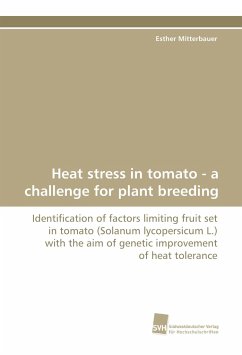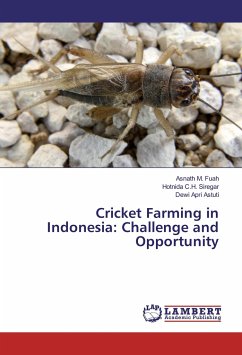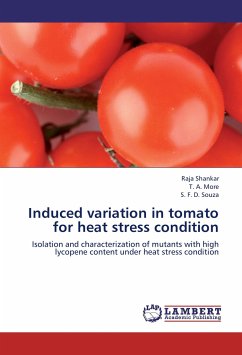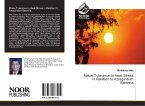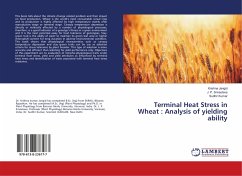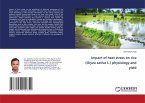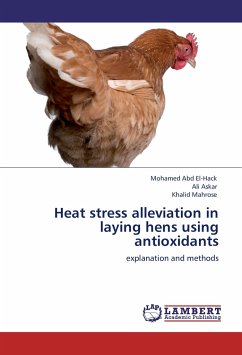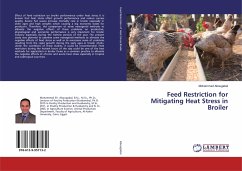Although tomatoes are adapted to various climates, their growth and development is rather sensitive to environmental stresses including heat. Under tropical and subtropical climates, heat stress is a severe constriction for tomato crop production since it is leading to poor fruit set and consequently low yields. Heat stress is a complex function of intensity, duration, and rate of increase in temperature. Therefore, in the current study the response to heat stress of Solanum lycopersicum and Solanum pennellii introgression lines were investigated.The main focus was laid on traits related to fruit set, especially on pollen characteristics. Phenotypic data of a segregating population were used for the combination with data obtained by molecular marker analyses. Since the development of a suitable greenhouse design for tomato production in the tropics was one of the major objectives of the 'Protected Cultivation Project', the program in whose framework this study was accomplished, the influence of different cooling methods introduced in the crop production were evaluated in this study.
Bitte wählen Sie Ihr Anliegen aus.
Rechnungen
Retourenschein anfordern
Bestellstatus
Storno

